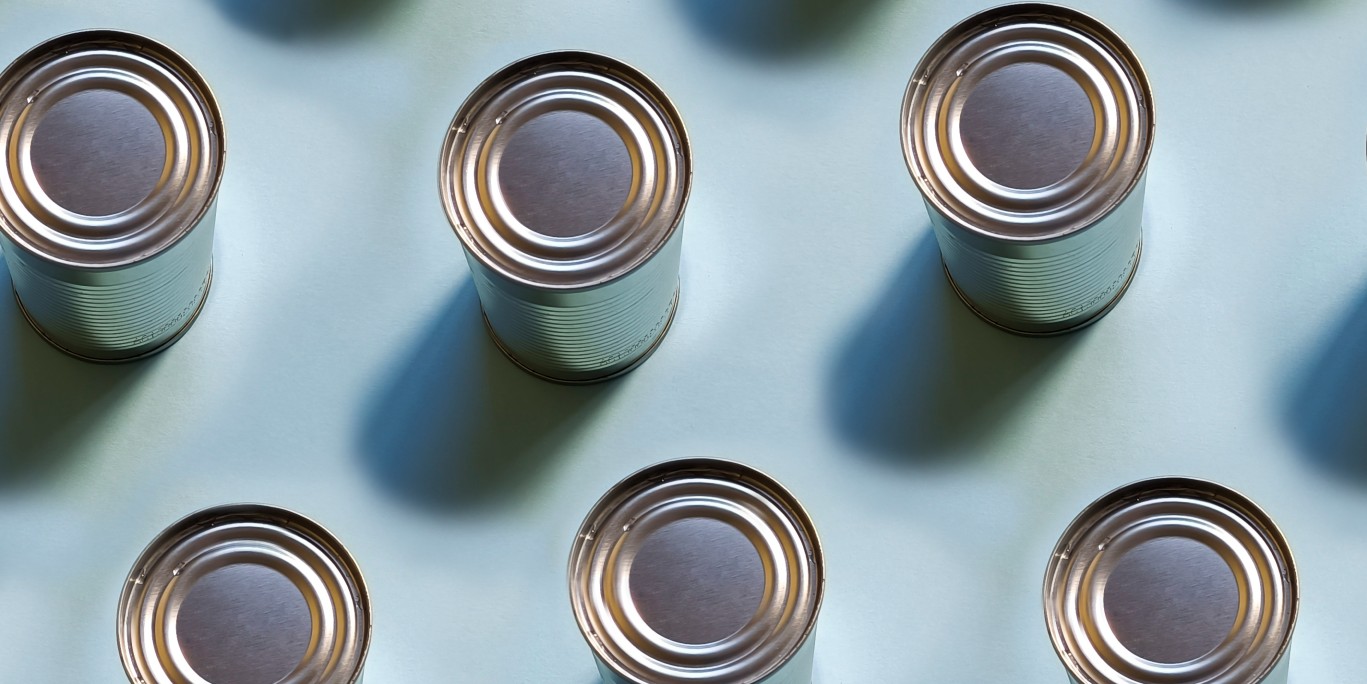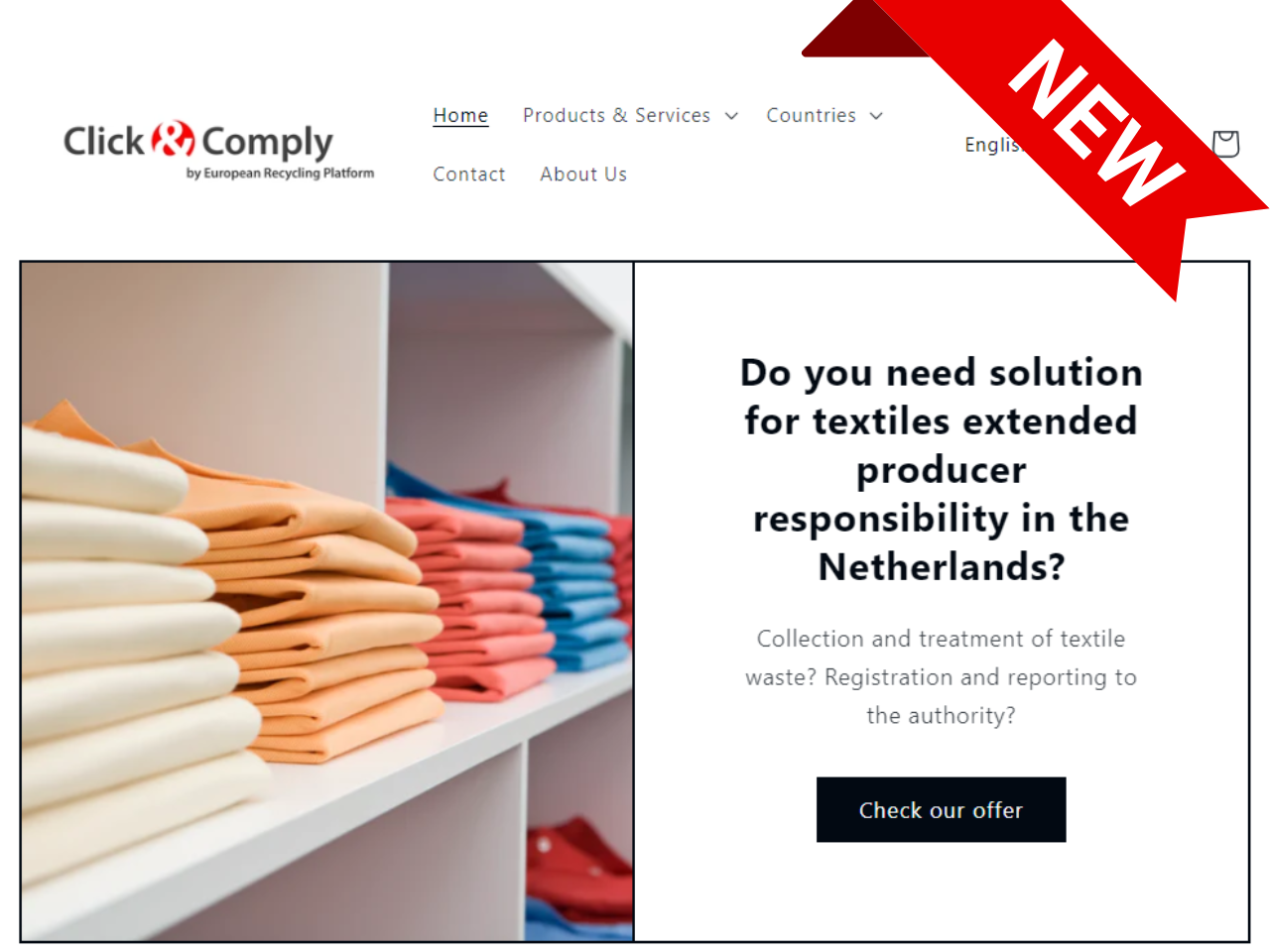What are the latest developments concerning environmental legislation globally? We’ve picked out some highlights for you for June 2023:
Packaging Regulation: MEPs propose amendments
Packaging Regulation: German Federal Council also proposes amendments
Critical Raw Materials Act: input from rapporteur
Ecodesign Regulation: Council agrees general approach
Packaging Regulation: MEPs propose amendments
Parliamentarians (MEPs) from the ENVI Committee of the European Parliament have proposed numerous amendments to the upcoming Packaging and Packaging Waste Regulation (PPWR).
In total, more than 2,600 amendments were tabled which will now be discussed over the summer break and then put to the vote in September.
Landbell Group company, European Recycling Platform (ERP) contributed to the procedure with its own proposals for amendments, mainly asking for specification and harmonisation of certain aspects, such as design and recycling criteria.
These comments were taken up by many MEPs who proposed to have these aspects concretised by the European Commission in so-called delegated acts following the adoption of the regulation.
Parliamentarians also requested changes to the minimum recycled content of plastic packaging with a large group of MEPs in favor of making the recycled content quota dependent on the amount of plastic packaging put on the market by the respective company. The Commission’s proposal had only provided for fixed percentage values.
In the upcoming weeks and months, the proposed amendments will be discussed in the ENVI Committee. The vote is planned for 20 September.
The plenary of the European Parliament will then decide on the dossier on 2 October. This will be followed by trialogue negotiations with the Commission and the Member States. The legislative procedure is envisioned to be wrapped up next spring.
Packaging Regulation: German Federal Council also proposes amendments
The German Federal Council has also published a statement on the upcoming EU Packaging and Packaging Waste Regulation (PPWR).
The Federal Council addressed several issues that Landbell Group company, European Recycling Platform (ERP) also highlighted in its own position paper.
The Federal Council calls for all necessary delegated and implementing acts to have either a binding date or an appropriate implementation period to give economic operators sufficient time for implementation.
It also reaffirmed its openness towards new recycling technologies.
Accordingly, mechanical, chemical and potential new innovative processes are to be used if they are ecologically, economically, and technically advantageous. In this context, the Federal Council highlighted the need for stable legal, economic, and political frameworks to stimulate investments in innovative recycling technologies.
To increase the recyclability of packaging products, the Federal Council proposes financial incentives for particularly recyclable packaging, which shall be implemented via EPR fees.
The Federal Council calls on the German government to take its statement into account when negotiating the PPWR in the European Council. However, the statement itself is not legally binding.
Critical Raw Materials Act: input from rapporteur
Nicole Beer, rapporteur in the European Parliament for the Critical Raw Materials Act (CRMA), has proposed a series of amendments for the upcoming parliamentary debate in her draft report.
Beer proposed changes, among others, to the recycling targets. The European Commission had proposed the benchmark of an overall recycling capacity of 15% of the Union’s annual consumption of strategic raw materials.
The rapporteur now proposes to introduce additional recycling capacity sub-targets for each strategic raw material. Specifically, the existing capacities are to be increased by 7.5 percent for each raw material with the aim of creating resilience for all critical raw material value chains.
Additionally, Nicola Beer wants to reduce the bureaucratic burden, especially for small and medium-sized enterprises, and simplify reporting obligations.
The vote in the leading Industry Committee (ITRE) of the European Parliament on the proposals from the rapporteur and other MEPs is scheduled for 7 September.
Ecodesign Regulation: Council agrees general approach
The European Council has agreed on a negotiating position for the upcoming revision of the Ecodesign Regulation, establishing a framework for setting ecodesign requirements for sustainable products.
The regulation provides the legal framework for harmonised sustainability standards for almost all product groups. The only exceptions are food and feed, human and veterinary medicine, plants, animals, and vehicles. The concrete standards are to be developed through delegated acts by the EU institutions with the involvement of stakeholders.
The European Council agreed that the sustainability criteria of the value chains should be considered holistically. Water and material consumption, recycling, CO2 and environmental footprint, contribution to climate change, as well as water, air and soil pollution are criteria that shall be assessed thoroughly.
Particularly interesting is the proposed ban on the destruction of unsold textile products, as such a ban could be extended to other product groups in the future.
This would be a strong signal, committing to measures preventing overproduction and ultimately environmental protection and resource conservation, strictly following the waste hierarchy.
The European Parliament has not yet agreed on a negotiating position, but this is expected to happen over the summer.
Afterwards, the two institutions will enter the trilogue negotiations which are to be concluded by the beginning of 2024.
Sign up for our monthly
report COMPASS here:
Your email











